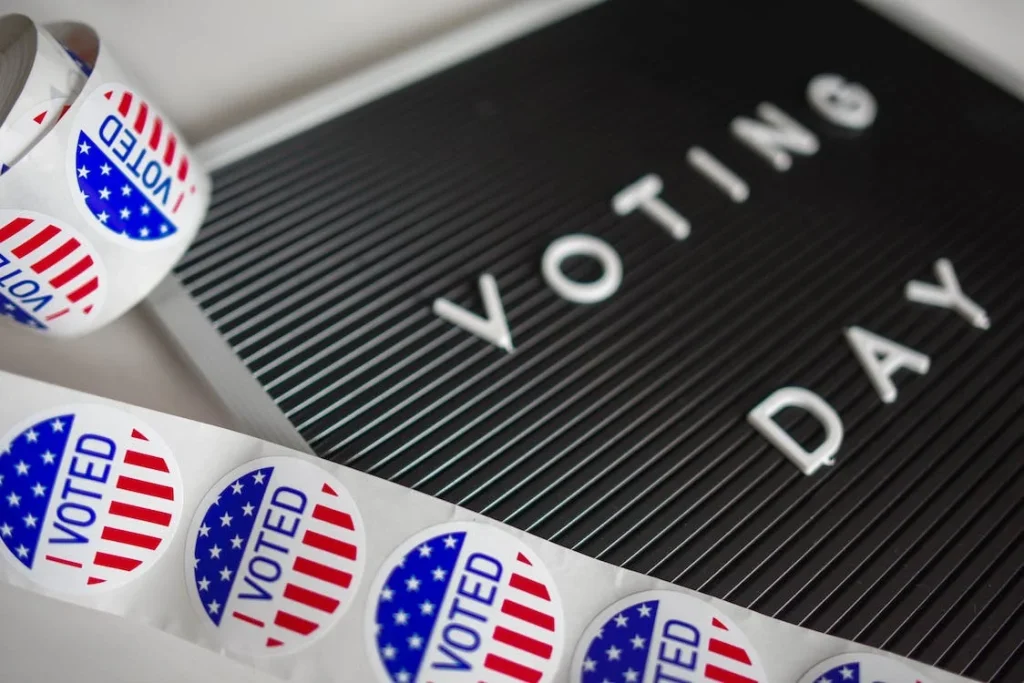In another landmark 5-4 decision this week, the U.S. Supreme Court held that the government needs a court-ordered warrant to access mobile phone location data, setting a new standard for data privacy in the digital age. The decision modifies the 40-year old “third party doctrine” which established the principle that people who voluntarily give data to third parties have no reasonable right of privacy.
In recent years, law enforcement has routinely extended the doctrine from bank or email provider records to the gathering historical mobile phone location data, enabling them to create a detailed profile of every location a potential suspect had been. The court found that this level of historical data contains “deeply revealing” information that should be protected under the Fourth Amendment’s protections against unreasonable searches and seizures.
The opinion did not address the issue of traditional surveillance techniques, such as using real-time cell phone location data to track suspected criminals, video surveillance, or issues related to national security. Championed by privacy advocates, the decision dealt a blow to law enforcement officials, limiting their ability to collect information on suspected criminals.
Read more on privacy from the MassTLC community.

